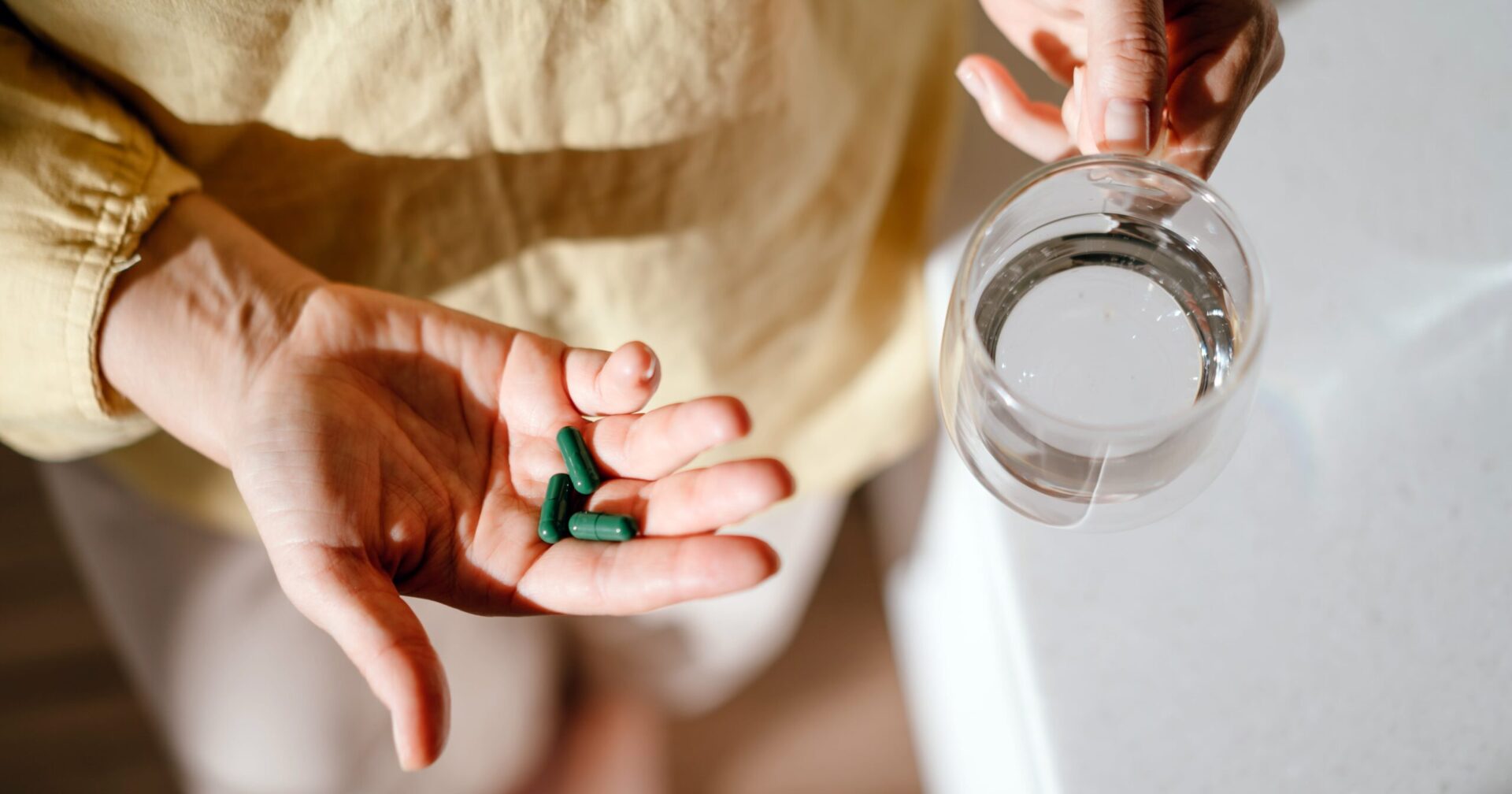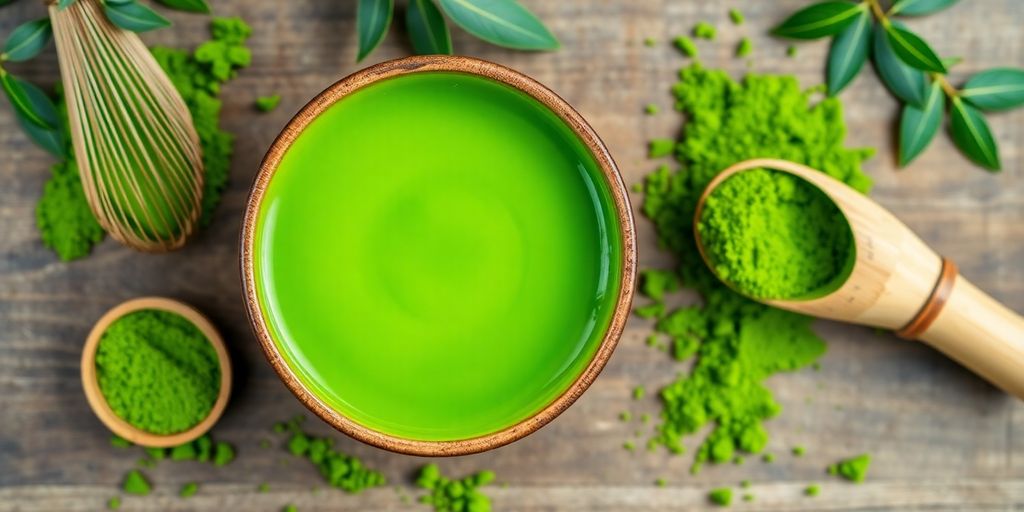In the world of wellness, the term ‘sea moss’ has gained significant traction. Though classified as an algae, sea moss, or red seaweed, has recently attracted attention as a noteworthy superfood due to its plethora of health benefits.
Advocates of sea moss claim that it can strengthen the body’s immunity and promote radiant skin. Some even assert that it improves heart and gut health. However, to verify the validity of these claims, we’ve gathered insights from various dietitians, including some viewpoints from my own experience as a registered dietitian.
Known by other names like Irish moss, this red algae grows along the rocky shorelines of the Atlantic, stretching from Europe to North America. It’s not merely a recent fad; sea moss has been consumed traditionally, especially in coastal regions like the Caribbean, Ireland, and parts of Asia.
Its high nutrient content is one of sea moss’ key highlights. It is rich in iodine, potassium, calcium, and vitamins A, D, E, and K. It’s also renowned for its gelatinous nature, which is why it’s often available in gel form. Furthermore, speculations abound about the benefits of sea moss, ranging from better thyroid health to improved gut health.
A frequent part of diet are sea moss supplements, typically sold in gel, gummy, or tablet form. According to renowned dietitian and author Mascha Davis, a four-tablespoon serving of sea moss provides 10 percent of the daily value for iron, 7 percent for magnesium, and 4 percent for zinc, all within just 10 calorie-intake.
But what can sea moss do for your health according to experts? Bear in mind that professional medical advice is always recommended when starting any new medication or supplement. Here are several potential benefits:
1. Improved Thyroid Function: Sea moss is an excellent source of iodine that aids the production of thyroid hormones, responsible for regulating metabolism, energy generation, and cellular repair.
2. Stronger Immunity: Packed with antioxidants and vitamin C, sea moss might play a role in strengthening the body’s defense against infections.
3. Healthier Skin: Known for its high sulfur content, sea moss is reputed for boosting skin health. It may enhance the skin’s softness, speed up the healing of burns and cuts, and provide relief for eczema and psoriasis.
4. Better Gut Health: Sea moss is packed with fiber and prebiotics that support your gut microbiome. It also improves digestive health due to its high mucilage content, easing discomfort and assisting smooth movement of food through the digestive tract.
5. Reduced Inflammation: The high antioxidant content of sea moss could potentially lower inflammation and risk of chronic illnesses, including heart disease and cancer.
Just like any other superfood, sea moss does come with potential side effects. Overconsumption may cause an iodine surplus, disrupting thyroid functions. As a blood thinner, people on anticoagulation medication should be cautious. Also, sea moss might pose a risk of elevated heavy-metal intake due to its ability to absorb heavy metals, and excessive consumption can trigger stomach upset, diarrhea, or constipation.
Once you get approval from your healthcare provider, adding sea moss to your diet is simple. You can add sea moss gel to smoothies, stir it into hot teas, or mix with broths or stews. You could also use it in baking, blend into sauces, or use it to top off your breakfast bowls. Desserts like puddings or vegan jellies can incorporate sea moss gel for a healthier twist. Alternatively, you can choose to take sea moss in capsule form, but as always, it is crucial to consult with your healthcare provider before making significant alterations to your diet or wellness routine.



